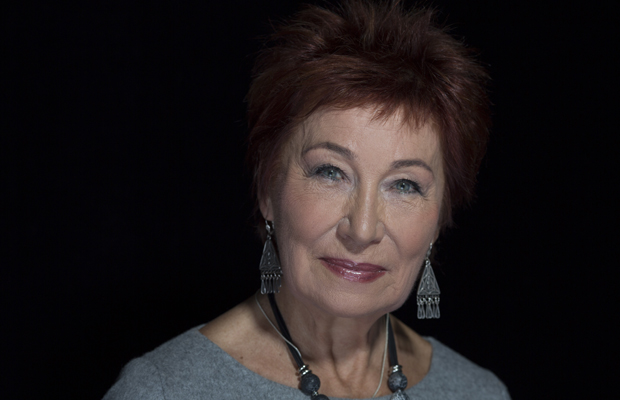Soldiers’ Mothers of Russia is an NGO network dedicated to improving transparency and exposing human rights abuses in the Russian military. It aims to provide soldiers’ families with reliable information, which the notoriously secretive Russian military has kept private. It also provides legal advice for Russian soldiers and their families, and to conscientious objectors.
“The organisation operates from general principles of human rights and the rule of law. We are in favour of contract service for the Russian armed forces whereby men are recruited on the basis of their intellectual, physical and spiritual readiness. We speak out against forced conscription and believe a transition to a professional army would significantly improve human rights and relations between the military and civilians,” Ella Polyakova from Soldiers’ Mothers St. Petersburg branch told Index on Censorship via email.
The Soldiers’ Mothers groups were established in 1989, in the last days of the Soviet Union. One of their first responsibilities was to personally negotiate for political prisoners left behind by the Russian army in former socialist republics. The group also calls attention to brutal “dedovshchina” or hazing tactics used on junior soldiers, ranging from beatings and sexual abuse to torture and enslavement. Because the abuse is perpetrated by senior officers, it often cannot be officially reported, leading to distorted figures. For example, in 2010 the committee reported 2,000 deaths from hazing, while Russia’s Defence Ministry declared only 14.
Vladimir Putin has insistently denied that Russian forces have had any involvement with Ukraine’s civil war, in which pro-Russian separatists have been fighting government forces since April 2014. Officially, any Russian soldiers fighting in Ukraine are volunteering, not acting on behalf of the Kremlin – in December 2014 Putin described such men as answering “a call of the heart”.
The secrecy surrounding the disappearances of soldiers has mirrored past operations by the Russian military. During conflicts in Afghanistan and Chechnya in the 1980s and 1990s, the Russian army only landed planes carrying soldiers’ bodies at night, to cover up escalating casualty figures.
From August 2014, Soldiers’ Mothers members began revealing that their investigations had found that many wounded or killed Russian soldiers had been fighting in Ukraine. Head of the committee Valentina Melnikova announced that her research showed that between 10,000-15,000 Russian troops had been sent over the border in August. Her information was derived from mothers and wives of servicemen who were sent on military exercises close to the Ukraine border, and who subsequently stopped communicating with their families.
There has been a systematic silencing and smearing of committee members who have reported on Ukraine deaths. Lyudmila Bogatenkova, head of the Budennovsk branch of Soldiers’ Mothers, was arrested and charged with a four-year-old fraud conviction, after she announced that 11 Russian soldiers were killed fighting in Ukraine. After her release she had to be treated in hospital.
Polyakova demanded a government investigation after receiving information about 100 Russian soldiers allegedly killed and 300 wounded in Ukraine. Soon after, her branch was labelled a “foreign agent” by the government – even though the committee of Soldiers’ Mothers no longer receives foreign funding, one of the prerequisites of the classification. Her committee faces serious problems as a result, including being subjected to complex reporting requirements, and additional inspections and controls.
“To make matters worse, after the organisation was put on the register, a film crew from a state television channel burst into our offices and blackened us with dishonest coverage of our work,” Polyakova told Index. “Later that night, someone smashed the windows of our director Olga Alexeeva’s car. Human rights activists linked to Soldiers’ Mothers received many threats and insults by text message and email.”
But despite the pressures they face, they intend to continue their work, and also set up “a human rights information and analysis agency” to increase contact with other NGOs and the media.
“We are glad that we are able work effectively to defend human rights and to take part in positive changes in the lives of our citizens,” the group said of their Index award nomination. “It is nice to know that this work is valued by our colleagues.”
With additional reporting by Will Haydon





